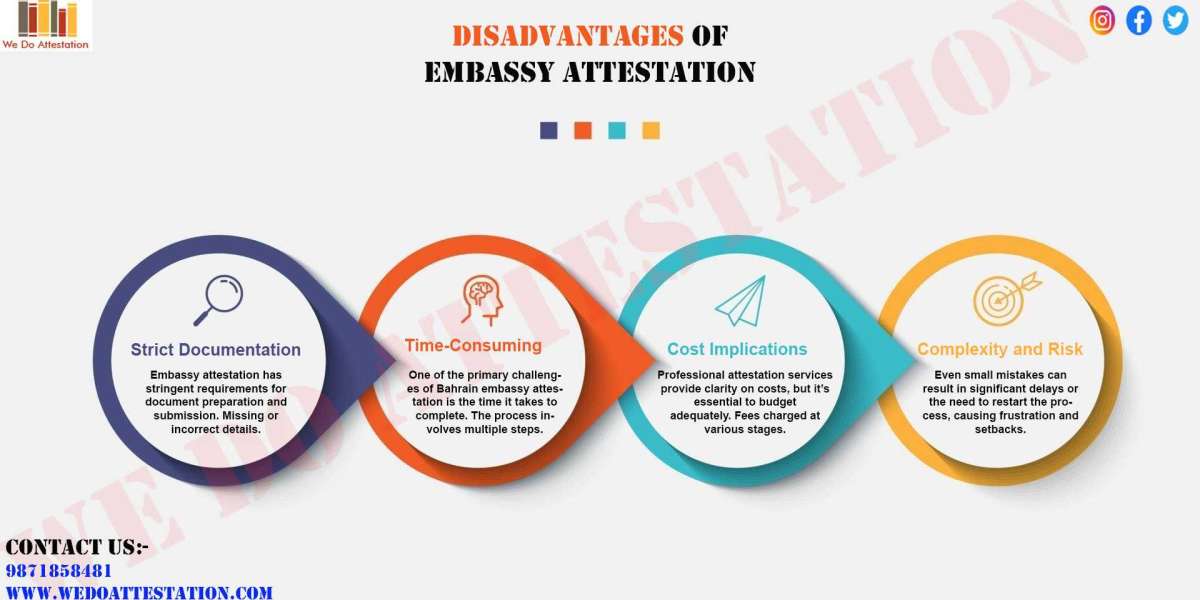Qatar, known for its booming economy and opportunities, requires authenticated documents for a range of purposes, including employment, education, and family residency. Qatar Embassy attestation service is a critical process that validates your documents for legal use in Qatar. This article provides a detailed overview of the attestation process, its significance, and key steps to follow.
What is Qatar Embassy Attestation?
Qatar Embassy attestation is the process of verifying the authenticity of a document issued in your home country. It involves multiple levels of verification, culminating in authentication by the Qatar Embassy or Consulate. This process ensures the document is legally recognized in Qatar for official purposes.
Why is Attestation Required?
Document attestation is mandatory for various reasons, including:
- Employment: To secure a job in Qatar, educational and professional documents must be attested.
- Family Visa: Personal documents like marriage and birth certificates are required for sponsoring family members.
- Education: Students applying to Qatari institutions need to submit attested academic credentials.
- Business: Entrepreneurs and companies must have attested commercial documents for establishing or expanding their business in Qatar.
The Qatar Embassy Attestation Process
Notarization
The first step is notarization by a notary public in your home country. This confirms that the document is authentic.
State-Level Attestation
State authorities, such as the Department of Education for academic documents or the Home Department for personal documents, must verify the document.
Ministry of External Affairs (MEA) Attestation
The MEA in your home country authenticates the document, confirming it is valid for international use.
Qatar Embassy Attestation
The Qatar Embassy or Consulate in your home country certifies the document, verifying its authenticity for use in Qatar.
Ministry of Foreign Affairs (MOFA) in Qatar
After arriving in Qatar, the document may require further verification by the Qatari Ministry of Foreign Affairs (MOFA) to complete the process.
Documents That Require Qatar Embassy Attestation
The most common documents needing attestation include:
- Educational Documents: Degrees, diplomas, and transcripts.
- Personal Documents: Marriage certificates, birth certificates, and police clearance certificates.
- Commercial Documents: Power of attorney, company incorporation certificates, and invoices.
Tips for a Successful Attestation Process
- Start Early: The attestation process can take time due to multiple levels of verification. Begin well in advance to avoid delays.
- Ensure Accuracy: Double-check all details on the document to prevent errors that could lead to rejection.
- Translation: If the document is not in English or Arabic, obtain a certified translation before submission.
- Stay Updated: Familiarize yourself with the latest requirements and guidelines for Qatar Embassy attestation in your country.
Benefits of Qatar Embassy Attestation
- Legal Validity: Ensures your documents are officially recognized in Qatar.
- Streamlined Procedures: Simplifies visa processing, job applications, and admissions.
- Compliance: Reduces the risk of legal complications due to unverified documents.
Conclusion
Qatar Embassy attestation in Noida is an essential process for anyone planning to work, study, or reside in Qatar. By understanding the procedure and ensuring all required steps are completed accurately, you can make the transition to life in Qatar smooth and hassle-free. Proper planning and attention to detail will help you meet all legal requirements efficiently.














